






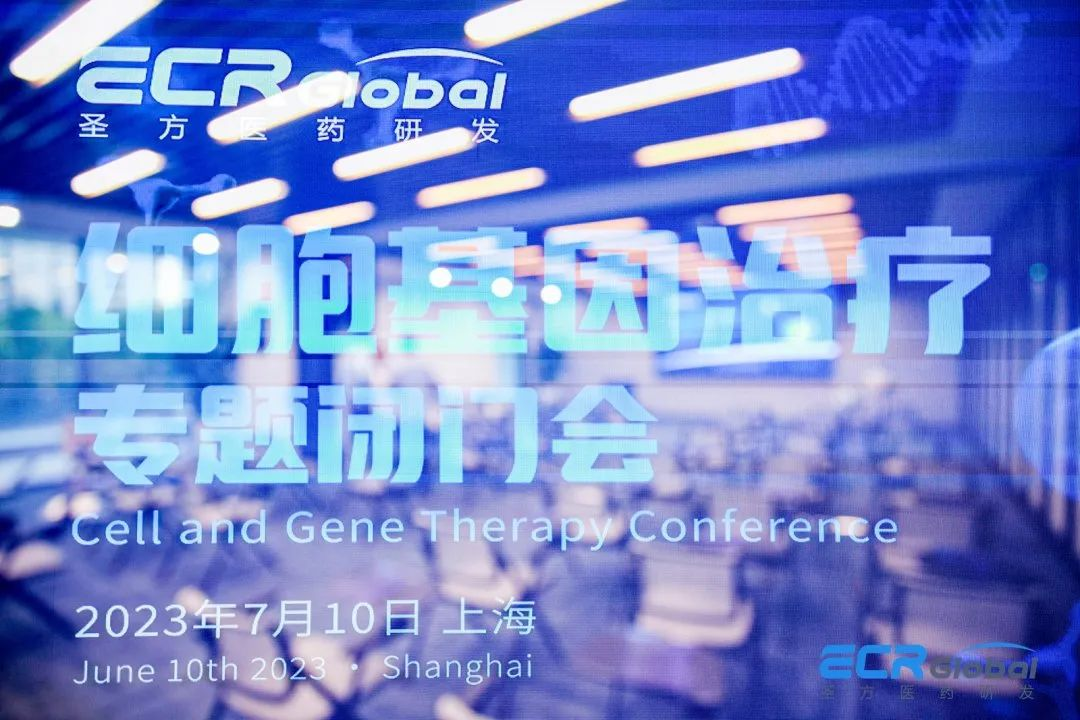
Cell and gene therapy (CGT) has changed the approach to treating genetic diseases and complex diseases, simultaneously transforming the pharmaceutical ecosystem. Recently, a special closed-door conference on cell and gene therapy, hosted by Elixir Clinical Research, was successfully held at the Shanghai office of Taimei Technology. Experts from various fields including industry, academia, clinical practice, and investment gathered to discuss the development of CGT industry in the new era from different perspectives and contemplate the future of this emerging industry in terms of technological innovation and commercial prospects.
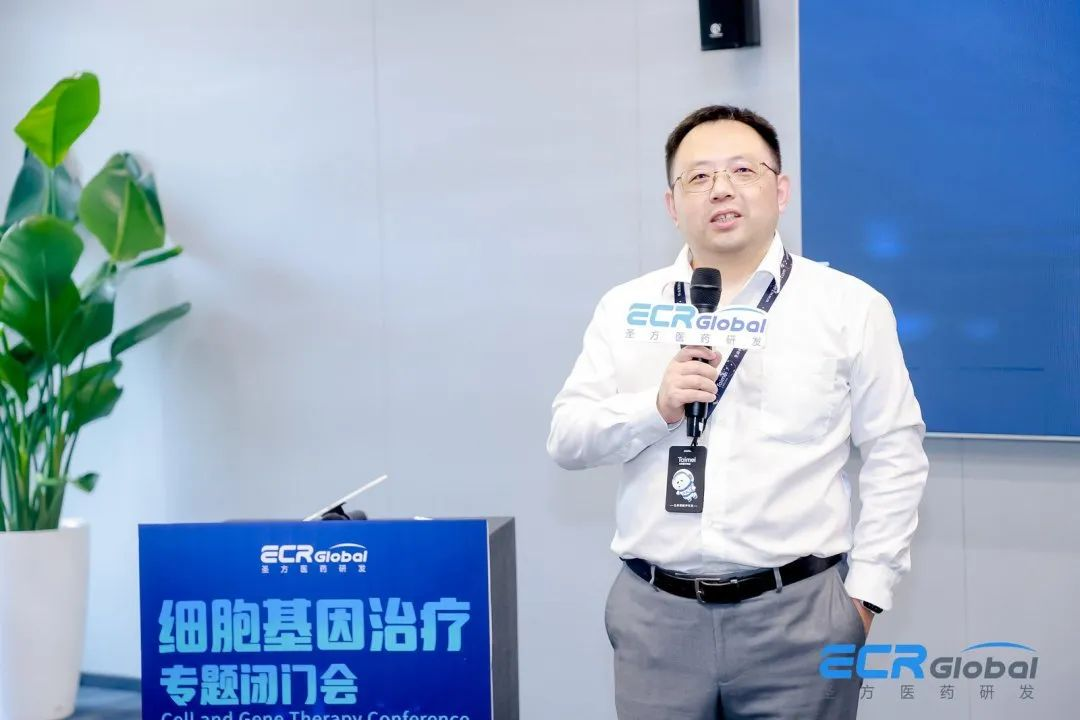
Lu Zhao, CEO of Taimei Technology/Elixir Clinical Research, delivered the opening welcome address. He said, "CGT is rapidly developing in China, with a significant number of studies entering the clinical trial phase, especially in the field of CAR-T cell therapy. While the industry thrives, it also presents new challenges for practitioners. How to effectively utilize CGT in the business and to cure cancer patients are questions we need to ponder.” He also expressed his aspiration, “I hope that through this closed-door conference, we can bring together the strengths from industry, academia, and medical field to explore more innovations and contribute to the advancement of CGT research."
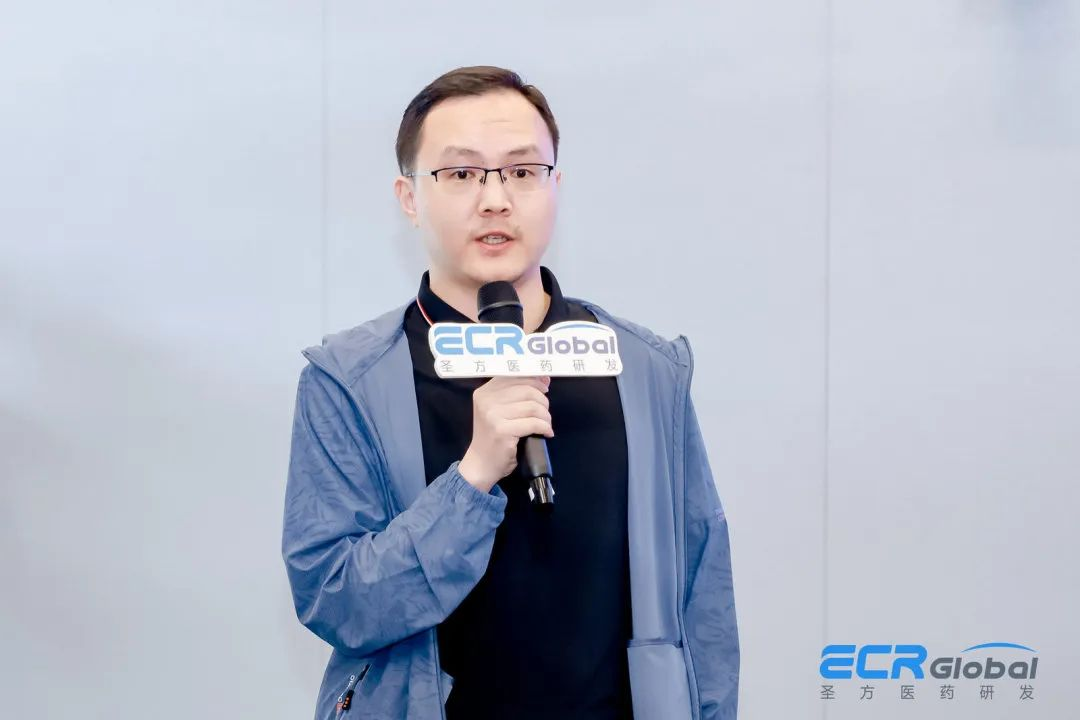
Many pharmaceutical companies hope to smoothly conduct clinical trials in China for CGT projects developed in the United States, and similarly, domestic companies aspire to enter the U.S. market with their products in the future. However, dual applications in both China and the U.S. are fraught with uncertainties in practice. How to meet the requirements for applications in both countries is a pain point for the industry. Dr. Changfeng Zhang, Director of Biological Therapy Quality and Registration at Shanghai Pharmaceuticals Holding Co., Ltd., delivered a keynote speech titled "Preclinical Development, China-U.S. Application Strategies, and Focuses for CGT Products". He began with interpreting the regulations in both countries, focused on industrial production practices under the regulatory systems of the two nations, and finally detailed the core ideas for registration and issues to be mindful of during the application process, helping attendees make applications more economically, efficiently, and in compliance with regulations.
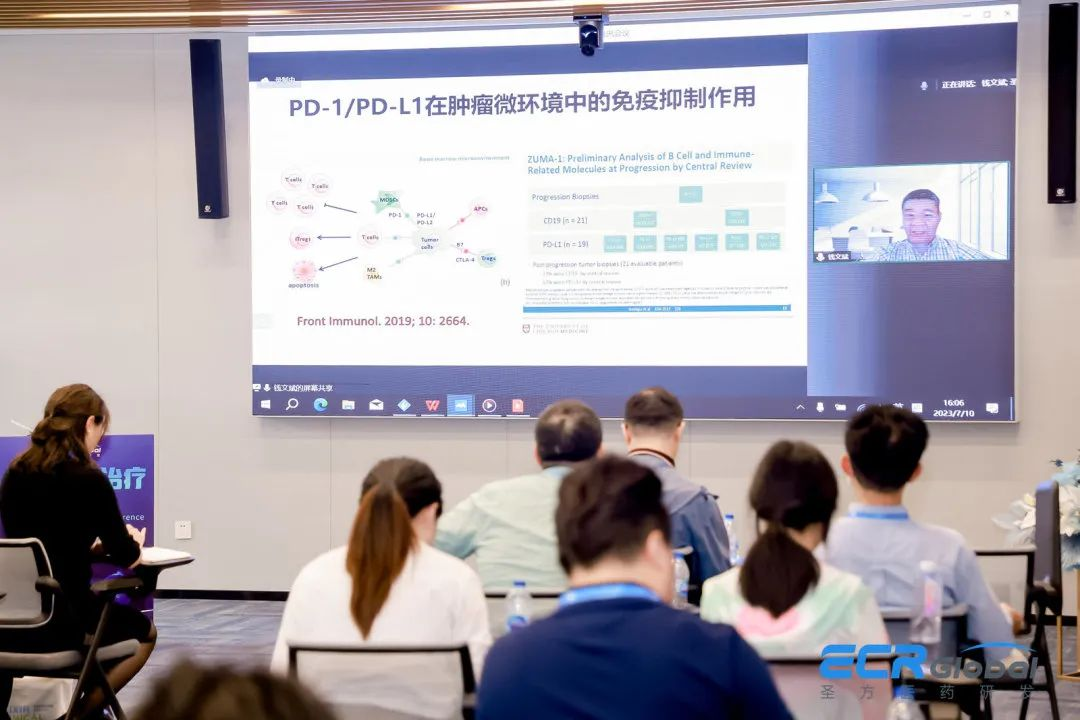
Professor Wenbin Qian, Director of Hematology Department at the Second Affiliated Hospital of Zhejiang University School of Medicine, as one of the pioneers in conducting CAR-T cell clinical research in China, shared insights from an academic perspective on the exploration and clinical practice of CAR-T therapy for B-cell lymphoma. He elaborated on the development history of CAR-T cell research and the systemic immunological strategies to overcome resistance to and enhance the efficacy of CAR-T therapy, explaining in detail the latest research progress on the second- and the fourth-generation CAR-T therapies. Additionally, he also shared challenges encountered in CAR-T cell therapy, emphasizing that strengthening foundational research for innovation is crucial for breaking through bottlenecks.
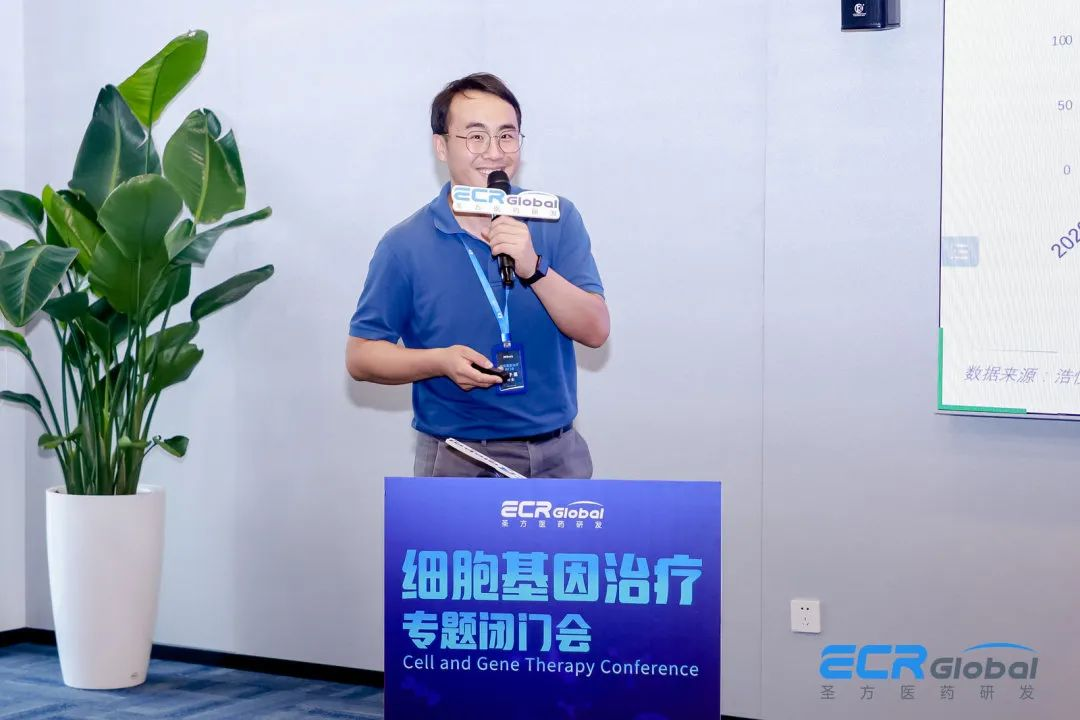
Affected by the pandemic and industry cycles, the development of biopharmaceutical industry did not go smoothly in recent years. Dr. Zisheng Kang, Vice President of Haoyue Capital and Co-Head of its Innovative Medicine Group, shared the current investment and financing landscape in the CGT field. He noted that despite the "capital winter", CGT remains a relatively "hot" sector, with CGT companies securing a higher proportion of funding. Moreover, under the premise of compliance, the financing targets in the domestic CGT field are becoming more diversified, often featuring various types of investors in the same funding round.
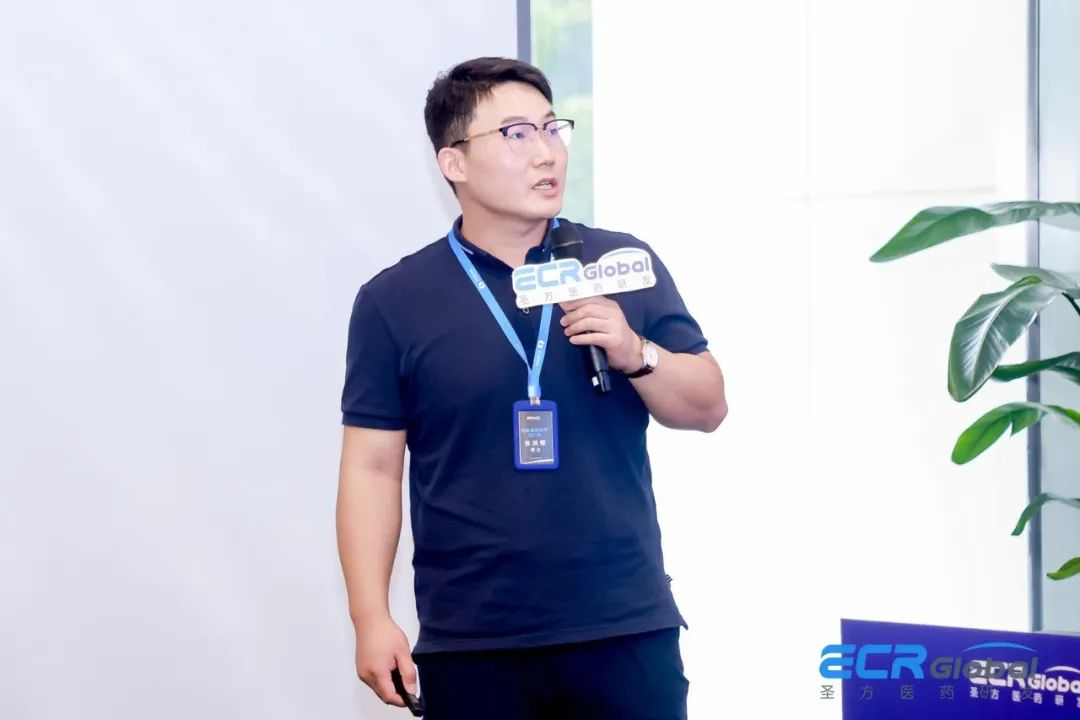
Dr. Hongfeng Zhang, Medical Director at Elixir Clinical Research, delivered a keynote speech titled "Analysis and Case Sharing of Key Strategies for the Clinical Development of CGT Products". He introduced marketed CAR-T products both domestically and internationally, such as Kymriah, YESCARTA, Yescarta®-Fosun Kite, Carteyva®-JW Therapeutics, Tecartus-Gilead, and Breyanzi-Bristol Myers Squibb. Through specific cases, he analyzed the strategies and focuses in CAR-T clinical development path. He believes that in the current context, where "CAR-T has become a product under competitive development among domestic biopharmaceutical companies," technology platforms and design strategies could become core competitiveness in the future development of CAR-T therapy.
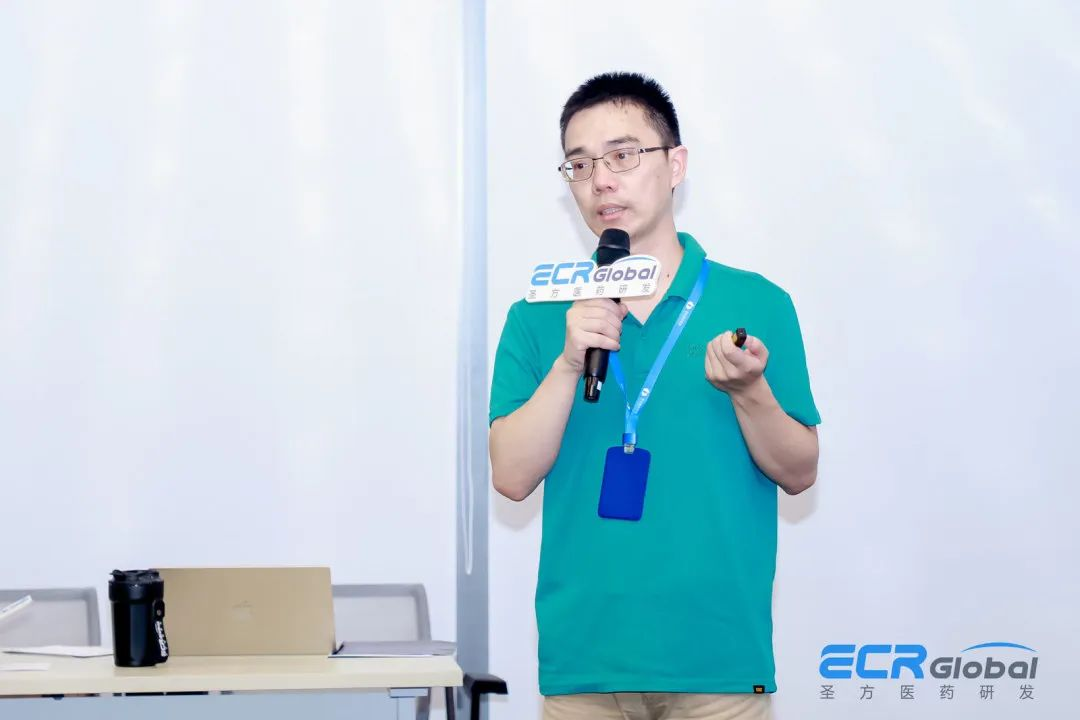
Wenjie Zhang, Chief Statistician at Elixir Clinical Research, shared insights into the statistical issues involved in CAR-T clinical research. He introduced the statistical considerations in CAR-T trials, including study design, primary endpoints, sample size, and main methods for analyzing the efficacy. He noted that in the confirmatory trial design for CAR-T therapy, a single-arm design could be considered. Primary efficacy endpoints in CAR-T cell research typically include objective response rate (ORR) and/or complete response rate (CR) and Duration of Response (DOR). The estimation target framework of ICH E9 (R1) can optimize the design and analysis plan of randomized controlled clinical trials for CAR-T cells.
In the process of developing and implementing CGT, proactive participation and dedicated contribution from various sectors within the industry are essential to further mature, standardize, and systematize the CGT industry. Elixir Clinical Research will contribute its professional knowledge and technological power in this process to create greater value for human health. For more information about Elixir Clinical Research's practical experience in CGT-related business, please contact us at: info@ecr-global.com.

